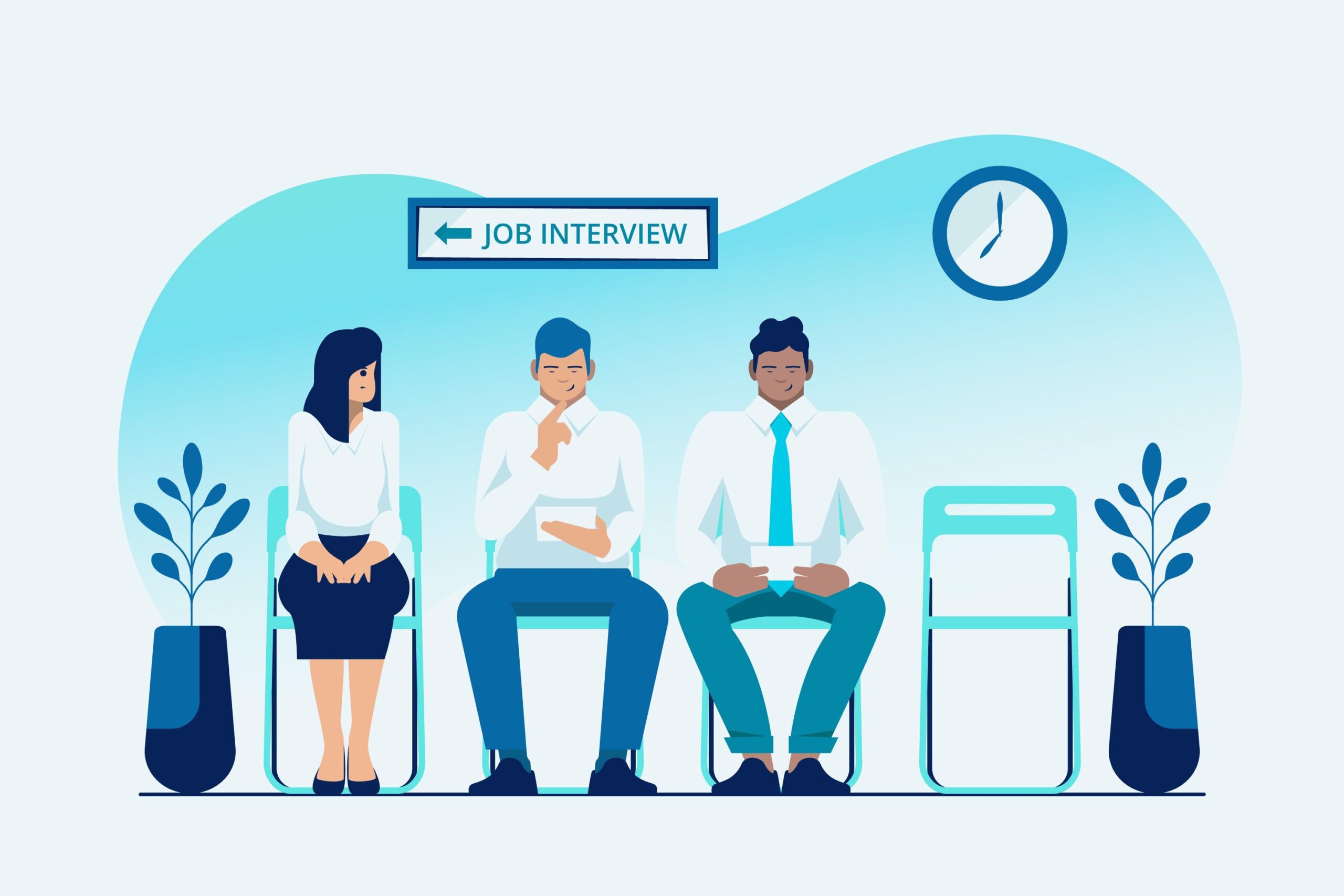The way you talk in your interview can be tricky. In an interview, your employer not only considers your qualification and technical skills but also your ability to communicate.
But candidates tend to forget this and goof up their interviews in a matter of seconds.
Want to communicate properly in your interview?
Want to land your dream job faster?
Then:
Learn these no-nonsense and highly effective communication tips.
Let’s dive right in,
- Prepare a clear and concise self-introduction
A well-structured, clear and brief introduction creates a crucial first impression on your employer. It’s the foundation of the bridge between you and your potential employer.
Sadly, most candidates miss out on this opportunity with a weak, boring and irrelevant self-introduction.
When the employer asks you for a self-introduction, include the following details:
- Name, place and family
- Your professional background
- Details about your current and previous role
- Your qualities and skills
- Your goals and hobbies [if any]
These details will be more than enough for your employer to assess your skills.
Here’s a pro tip:
Study the job description well before the interview and embrace it when talking about your professional background.
- Maintain proper eye-contact
Did you know?
Not maintaining proper eye contact can easily mess up your interview.
Here’s why:
Eye contact tells a lot about a person’s confidence and it’s also a sign of one’s confidence.
It’s quite normal to feel a bit nervous in interviews. But if you maintain eye contact with your interview panel, you will appear more confident, professional and passionate.
When you look into someone’s eyes and speak, communication will be a lot easier and friction-free. Besides, it can help build a bond between you and your interviewee.
So, never refrain from maintaining eye contact in your interview. Instead, look into the eyes of your interviewer while talking. It’s a small step but can make a huge difference.
- Talk to the point
Interviews are time bound. This means you need to value the interviewer’s time.
When they ask you questions to know you better, answer clearly and briefly. Centre your conversation only around the topic of discussion. Never drift away to irrelevant things that put the chances of your employment at risk.
Here’s the deal:
Never rant. Instead, embrace a focused approach. It will help you in two ways:
- Saves time
- Faster and clear communication
Whenever you’re answering a question, be clear and to the point. Plus, avoid using filler words like ‘as you know’, ‘like’, ‘umm’and ‘oh’ as they sound unprofessional and make your communication weak.
- Ask questions
Unfortunately, this is an aspect where most candidates fail. There’s a false idea that only the interviewer is supposed to ask questions in an interview. This is completely wrong.
Instead of casually saying no when the interviewer prompts you to ask any questions you have in mind, you should make use of that opportunity.
For example, you can ask the following questions:
- What learning opportunities do you offer?
- What’s the culture you follow?
- What do you like most about working here?
- What does the team structure look like?
- What is the biggest challenge the team has faced?
These questions will shine some light on the work, culture, and functioning of your potential employer.
Conclusion
Communication is a crucial aspect of any job interview. It helps you create a towering impression. The job scenario has changed now. It’s not easy to land your dream just with your technical skills.
To go up the career ladder, you need to hone your soft skills.
Want to build your soft skills and ace your interview?
Get in touch with top trainers today. Contact us now to attend a free assessment test in English.


